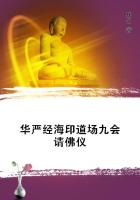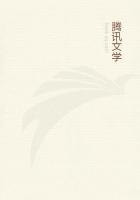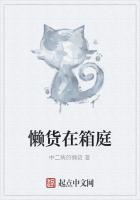" Some objects which, of themselves, are indifferent to any sense, yet by reason of some additional grateful idea may become very desirable, or by like addition of an ungrateful idea ma raise the strongest aversion.When any circumstance, dress, state, posture, is constituted as a mark of infamy, it may become, in like manner, the object of aversion, though in itself most inoffensive to our senses.If a certain way of living, of receiving company, of showing courtesy, is once received among those who are honored, they who cannot bear the expense of all this may be made uneasy at their condition, though much freer from trouble than that of higher stations.Thus dress, retinue, equipage, furniture, behavior, and diversions, are made matters of considerable importance by additional ideas." , The beauty of trees, their cool shades and their aptness to conceal from observation, have made groves and woods the usual retreat to those who love solitude, especially to the religious, the pensive, the melancholy, and the amorous.And do not we find that we have so joined the ideas of these dispositions of mind with those external objects, that they always recur to us along with them." He thus started those views regarding the influence of association of ideas on our perceptions of beauty and moral good which were prosecuted by Turnbull, Beattie, and others, till they culminated in the ingenious but extravagant theories of Alison and Jeffrey in regard to the beautiful, and of Adam Smith and Mackintosh as to virtue.Hutcheson certainly has not developed the full {78} influence of association of ideas, but the account which he gives is just, so far as it goes.
He dwells at great length on the sense of beauty.The feeling is raised at once on the perception of certain objects.He does not stand up for beauty supposed to be in the nature of things without relation to any mind perceiving it.On the contrary, all beauty implies the perception of some mind.Still there may be a distinction drawn between original or absolute beauty on the one hand, and relative or comparative beauty on the other.By the former he understands the beauty which we perceive in objects without comparison with any thing external, such as that observed in the works of nature, artificial forms, figures, theorems; by the latter, the beauty founded on uniformity, or a kind of unity between the original and the copy.In determining what the beautiful is, he propounds the theory that it is a compound ratio of uniformity and variety, so that where the uniformity of bodies is equal, the beauty is as the variety;and where the variety is equal, the beauty is as the uniformity.He seeks to establish this view by examples, dwelling on beautiful objects in nature and art, showing how there is in all of them uniformity or unity, proportion or harmony.This doctrine may not be the full theory of beauty;but there must surely be some truth in it; for in some modification or other it has cast up among profound thinkers in all ages, from Plato and Augustine in ancient times, to Cousin, Macvicar, and Ruskin in our day.
He stands up resolutely for the existence of disinterested and social affections.He earnestly opposes those who, like the Cyrenaics, and probably the Epicureans, would make pleasure the end of existence, and who would make us desire the good of others or of societies merely as the means of our own safety and prosperity, or as the means of some subtler {79} pleasures of our own by sympathy with others in their happiness; or who would make our end to be the pleasure we enjoy in being honored, or some reward we expect for our services, and these either from God or man.
He opposes also that more refined system which makes our aim the joys proceeding from generous motions and moral approbation.He shows, with great acuteness, that in all our desires, whether benevolent or selfish, there is some motive, some end intended distinct from the joy of success, or the removal of the pain of desire; and that there is first the motive operating, and then the joy or pain following, according as the motive is gratified or thwarted.
He proves that men have affections, such as the love of offspring and of relatives, which fit them for a state of society; he takes pains to show that in this respect he differs from Puffendorf, who constructs his theory of society on the principle that self-love is the spring of all our actions; and he offers a most determined opposition to Hobbes when he makes the natural state of man to be one of war.
A considerable portion of all his works is occupied in demonstrating that man is possessed of a moral sense.In his "Inquiry," published before Butler's "Sermons on Human Nature," he declares, " that from the very frame of our nature we are determined to perceive pleasure in the practice of virtue, and to approve of it when practised by ourselves or others." He declares that the vast diversity of moral principles in various ages and nations " is indeed a good argument against innate ideas or principles, but will not evidence mankind to be void of a moral sense to perceive virtue or vice in actions." He ever kindles into a gentle warmth when he speaks of the joys derived from this sense, which he represents as purer and more elevated than those which can be had from any other source.The conscience, though often unable to govern our inferior nature, is yet in its own nature born for government; it is the ruling principle () to which all things had been subjected in the entire (<integro>) state of our nature, and to which they ought to be subjected.His views on the subject of the supremacy of conscience are not so thoroughly wrought out as those of Butler; but they are explicitly stated, and become more decisive in his later works.

